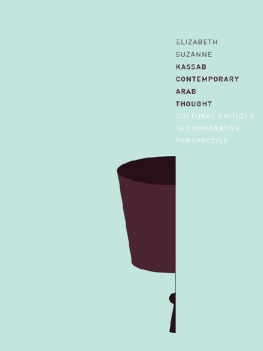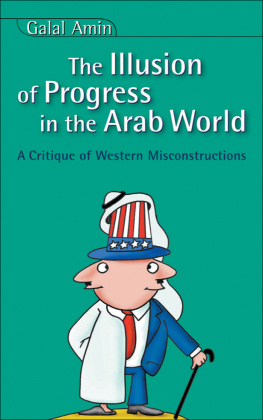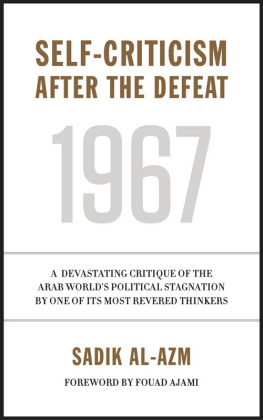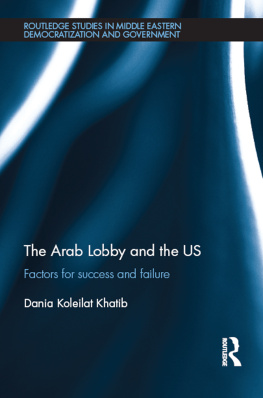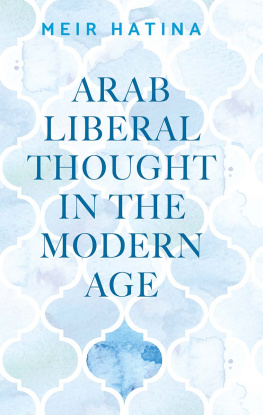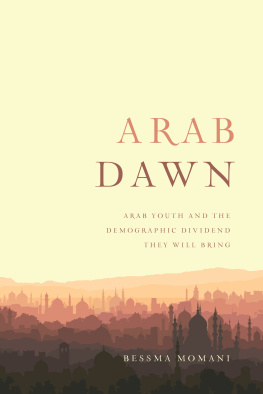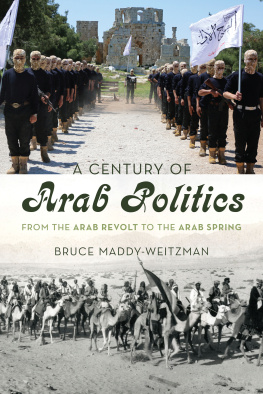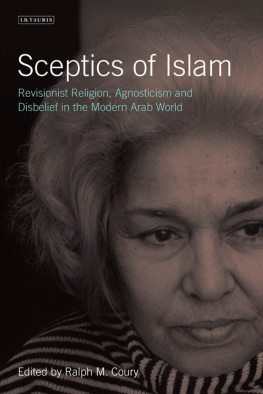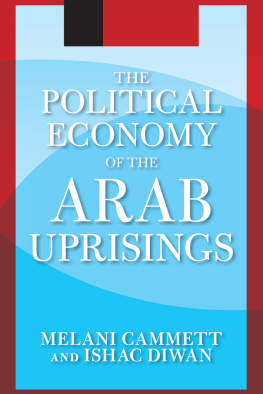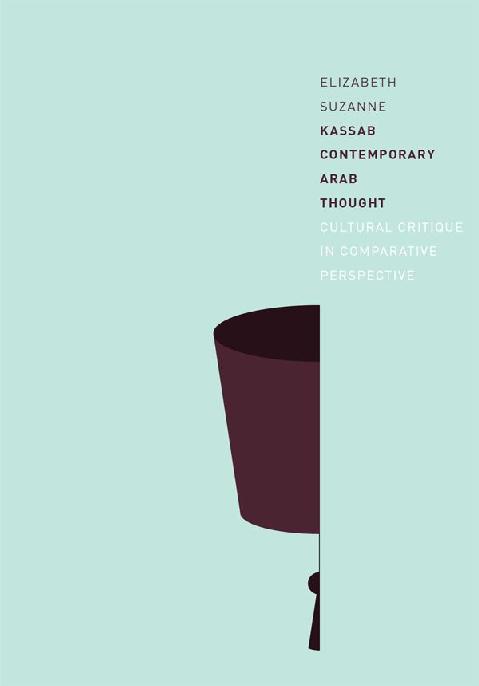Contemporary Arab Thought
Contemporary
Arab
Thought
Cultural Critique
in Comparative
Perspective
Elizabeth
Suzanne
Kassab
Columbia University Press
New York

Columbia University Press
Publishers Since 1893
New York Chichester, West Sussex
cup.columbia.edu
Copyright 2010 Columbia University Press
All rights reserved
E-ISBN 978-0-231-51617-4
Library of Congress Cataloging-in-Publication Data
Kassab, Elizabeth Suzanne.
Contemporary Arab thought : cultural critique in comparative perspective / Elizabeth Suzanne Kassab.
p. cm.
Includes bibliographical references and index.
ISBN 978-0-231-14488-9 (cloth : alk. paper)ISBN 978-0-231-14489-6 (pbk.: alk. paper)ISBN 978-0-231-51617-4 (e-book)
1. Civilization, Arab20th century. 2. Criticism (Philosophy) 3. CriticismArab countries. I. Title.
DS36.8.K356 2009
909'.0974927082dc22
2009024406
A Columbia University Press E-book.
CUP would be pleased to hear about your reading experience with this e-book at .
References to Internet Web sites (URLs) were accurate at the time of writing. Neither the author nor Columbia University Press is responsible for URLs that may have expired or changed since the manuscript was prepared.
COVER & INTERIOR DESIGN BY MARTIN N. HINZE
C ertains, parmi nous, se sont crouls et sont tombs dans la servitude du jour; dautres continuent maintenir, cote que cote, la tche politique militante, si ncessaire, dans le cadre dun parti, dun syndicat ou dune organisation plus ou moins secrte. Dautres sont morts ou continuent de survivre la torture inflige. Mais qui, parmi nousgroupes et individusa pris en charge le travail effectivement dcolonisateur dans sa porte globale et dconstructive de limage que nous nous faisons de notre domination, exogne et endogne? Nous sommes encore laube de la pense mondiale. Mais nous avons grandi dans la souffrance qui appelle sa force de parole et de rvolte. Si je te disais qui que tu sois, que ce travail a dj commenc et que tu ne peux mentendre que comme survivant, peut-tre couteras-tu alors la lente et progressive marche de tous les humilis et de tous les survivants.
ABDELKEBIR KHATIBI ,
Pense-autre, in Maghreb pluriel (1983)
S ome among us collapsed and submitted to the servitude of the day; others continue to maintain at all costs the politically militant task, so necessary, within the framework of a party, trade union or more or less secret organization. Others have died or continue to survive the torture inflicted upon them. But who among usgroups or individuals alikehas undertaken the real decolonizing work in its global reach of deconstructing the image that we have created of our domination, both exogenous and endogenous? We are still at the dawn of global thinking. But we have grown up in the suffering that calls upon us to use the might of the word and revolt. If I were to tell you, whoever you are, that this work has already started and that you cannot hear me only as survivor, maybe you will then listen to the slow and progressive march of all the humiliated and all the survivors.
translation by
HARRY HAGOPIAN
Contents
G rowing up in Lebanon in the second half of the twentieth century, I could not imagine the Arab world without anguished debates on culture. The Arab mind was for me invariably associated with questions of cultural crisis, the need for and the impediments to cultural renewal, the necessity of cultural affirmation and preservation, the dangers of Western cultural invasion, the cultural glory of the past and its centrality as a source of inspiration and pride, and the lamentable cultural decline of the present, as well as questions of Islam, modernity, authenticity, tradition, and progress. For me, being Arab was synonymous with being preoccupied with these issueswith having an unhappy consciousness of the self and the world. It was difficult for me not to think that there was something Arab to this state of mind and almost unimaginable that people other than Arabs could have such preoccupations. This view led me to suspect that it was something in usin our tradition, our religion, our characterthat gave rise to this predicament, this unhappy state of mind. It also produced in me and fellow Arabs around me an overwhelming sense of solitude, of people overburdened with problems, who think they are the only ones to have them and who feel embarrassed for not being able to overcome them. For more than two centuries, our sole interlocutor has been the West, to which we have tried to mea sure up, from which we have tried to learn, and against which we have defended ourselves in often fruitless polemics and apologeticsa sterile fixation that has reinforced the sense of solitude as well as the sense of a threatened, defeated, and impotent self.
These Arab debates were for a long time on the fringes of my awareness. My education, typical of the Lebanese system, taught me next to nothing about them. But this neglect is not a Lebanese peculiarity alone. It applies to almost any student graduating in the Arab world, whether from high school or university. In the best cases, he or she would know something about the medieval Arab literary or theological heritage and perhaps something about modern Western intellectual history, but next to nothing about the modern and contemporary Arab intellectual debates, which, although ubiquitous in the media and often part of the political discourse, are nowhere taught in a serious and systematic manner, not even in the quite rare liberal humanities programs. It was after completing my graduate studies in philosophy in Europe and my return to Beirut for teaching that I developed a keen curiosity for local discussions. It was only then that I started to explore actively the regions cultural debates.
My training in continental European philosophy and my prolonged stay in Europe introduced me to the Western debates on culture and showed me the link between much of European philosophical debates and the cultural, social, and political history of Europe. It was quite a surprise for me to discover that those rich and happy people, Westerners, also had debates about cultural crisis and cultural identity. It is with great interest that I read the writings on Kulturphilosophie and examined the discourses of numerous European thinkers on the Idea and identity of Europe. I was fascinated by the whole phenomenon of identity construction. I was equally surprised by the U.S. discourses on cultural identity, especially by their attempts at affirming a distinct character and an intellectual maturity with respect to Europe. On the whole, I envied Westerners for having the freedom to examine in considerable depth the pressing questions impacting their societies and histories. What were Arabs questions, though? Who was raising them and discussing them? In which publications, in which fora? I decided to undertake a personal investigative search, and this book is to a large extent the fruit of this investigation. It aims in the first place at identifying those questions in a systematic and comparative manner. A rigorous philosophical reflection on them would have to be elaborated and pursued after the questions are identified, for how can one engage in a philosophical activity if one has not determined ones questions first? Isnt philosophy first and foremost the art of articulating and pursuing questions? For an established philosophy department in the region (and such departments are not numerous) to adopt such a project as a truly philosophical project is a challenge in itself. To bring philosophy to serve the cause of thought, in the sense of an elaboration of ones questions, outside the mainstream tracks of Western or medieval Islamic philosophy necessitates a battle of its own. The standard objection that this is not philosophy is facile. The uses and abuses of philosophy as an established discipline are also many in our part of the world.

